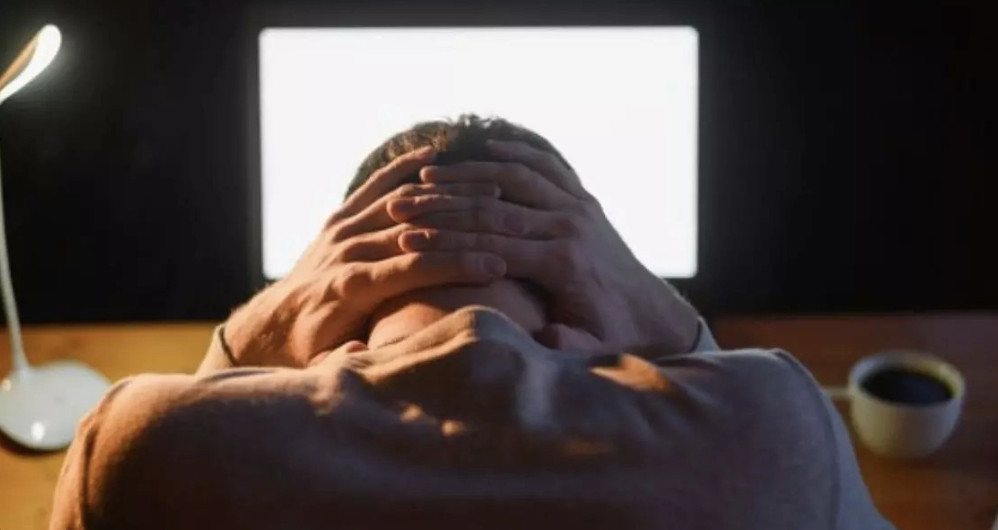Digital Detox Practices: Top Strategies to Reclaim Your Life
In today’s hyper-connected world, our dependence on digital devices is skyrocketing. While technology has revolutionized communication, learning, and entertainment, it has also created an overwhelming digital presence in our lives.…
Shocking Truths About Getting Fat on a Vegan Diet in 2025
The idea of going vegan often brings images of lean physiques and health-conscious choices. But is it possible to gain weight on a plant-based diet? Absolutely—and it’s becoming even more…
How to Avoid Getting Fat: Top Habits to Break for Lasting Weight Control
Introduction: How to Avoid Getting Fat Did you know that over 60% of adults worldwide struggle with weight gain? It’s a growing concern that affects not just how we look…
DNA and Diet Habit: Unlocking the Genetic Code for Optimal Health
Your dietary habits might be more than just personal preferences—they could be written in your DNA. Recent advances in genetic testing reveal fascinating insights into how our genes influence the…
Can I Take Vitamin D on a Diet?
you’re on a weight-loss journey, you may wonder about the role of Vitamin D in your diet. This essential nutrient is not only vital for maintaining overall health but can…
Can I Take Vitamin C on a Diet?
If you’re trying to lose weight or manage your weight, you might wonder, “Can I take Vitamin C on a diet?” The answer is not only yes but also that…
Understanding Chronic Fatigue: Why Am I Always Tired No Matter What?
Feeling constantly tired, no matter how much sleep you get, is more than just a nuisance—it could be a sign of chronic fatigue or an underlying health condition. Persistent fatigue…
Is Your Diet Making You Tired Throughout the Day? Understanding the Link Between Food and Fatigue
If you find yourself constantly battling fatigue, your diet may be to blame. The foods you eat play a significant role in your energy levels throughout the day. Poor dietary…
How Hormones Impact Your Energy Levels Throughout the Day: Understanding and Balancing Hormonal Influence
Have you ever experienced a mid-afternoon slump or struggled to get out of bed despite a full night’s sleep? Your hormones might be playing a larger role than you realize…
Can Poor Hydration Be the Reason You’re Always Tired?
Dehydration is often underestimated as a culprit for fatigue. While we frequently link tiredness to a lack of sleep or poor diet, not drinking enough water can significantly impact your…

 Digital Detox Practices: Top Strategies to Reclaim Your Life
Digital Detox Practices: Top Strategies to Reclaim Your Life Shocking Truths About Getting Fat on a Vegan Diet in 2025
Shocking Truths About Getting Fat on a Vegan Diet in 2025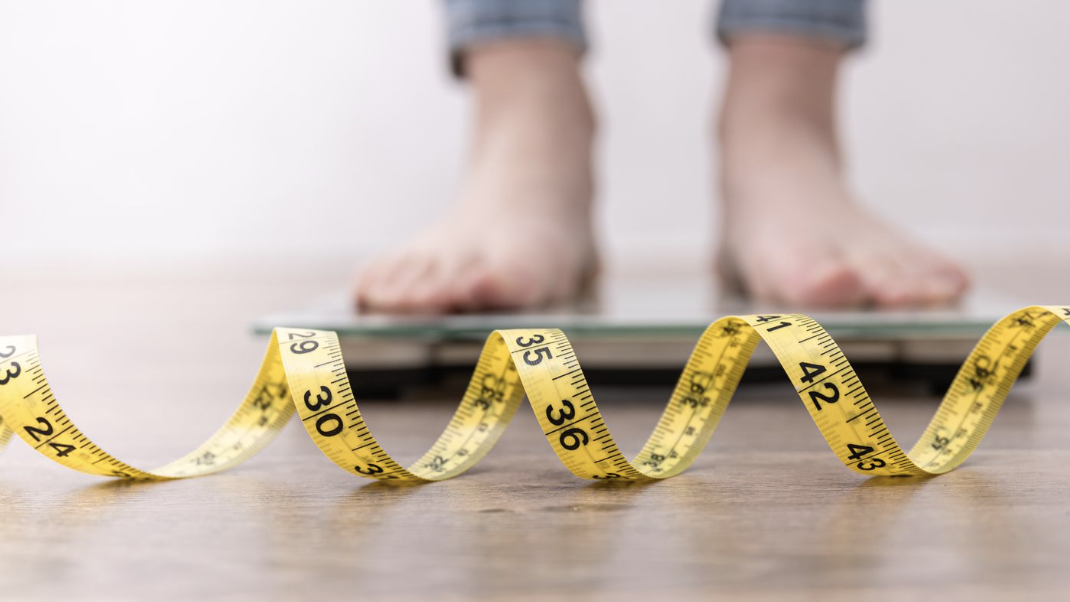 How to Avoid Getting Fat: Top Habits to Break for Lasting Weight Control
How to Avoid Getting Fat: Top Habits to Break for Lasting Weight Control DNA and Diet Habit: Unlocking the Genetic Code for Optimal Health
DNA and Diet Habit: Unlocking the Genetic Code for Optimal Health Can I Take Vitamin D on a Diet?
Can I Take Vitamin D on a Diet? Can I Take Vitamin C on a Diet?
Can I Take Vitamin C on a Diet?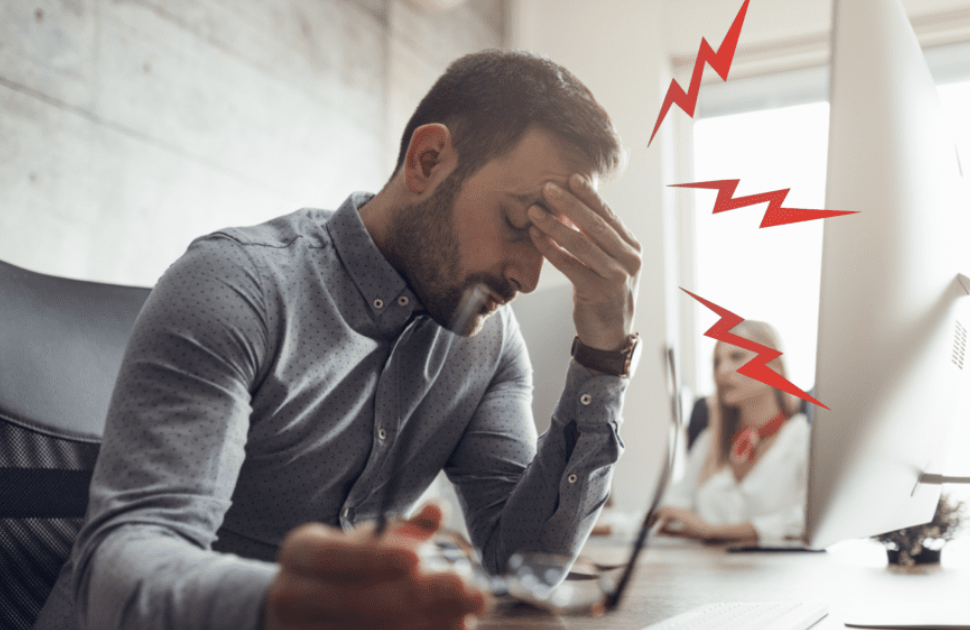 Understanding Chronic Fatigue: Why Am I Always Tired No Matter What?
Understanding Chronic Fatigue: Why Am I Always Tired No Matter What?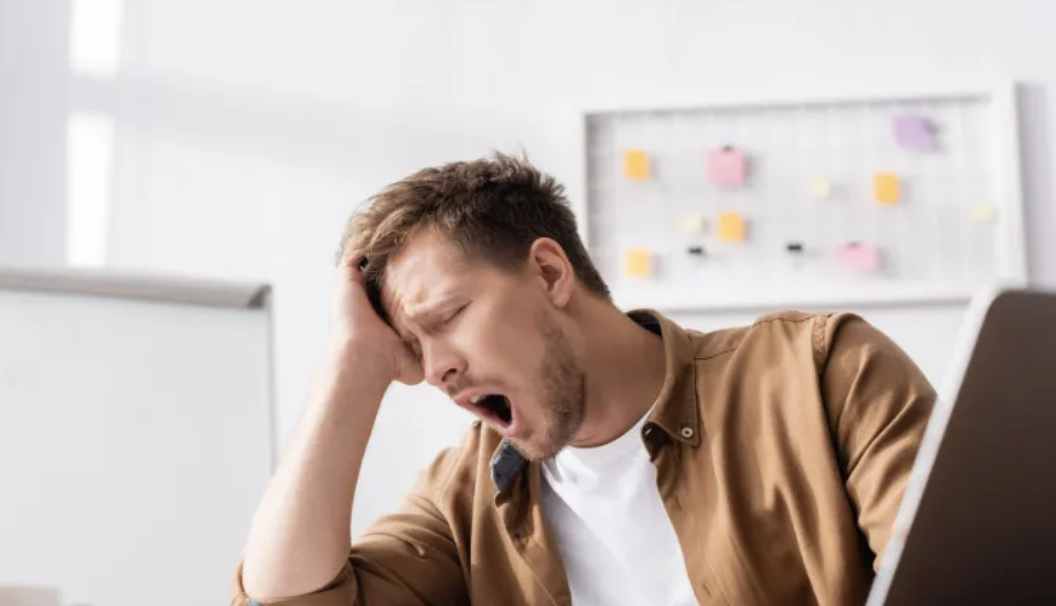 Is Your Diet Making You Tired Throughout the Day? Understanding the Link Between Food and Fatigue
Is Your Diet Making You Tired Throughout the Day? Understanding the Link Between Food and Fatigue How Hormones Impact Your Energy Levels Throughout the Day: Understanding and Balancing Hormonal Influence
How Hormones Impact Your Energy Levels Throughout the Day: Understanding and Balancing Hormonal Influence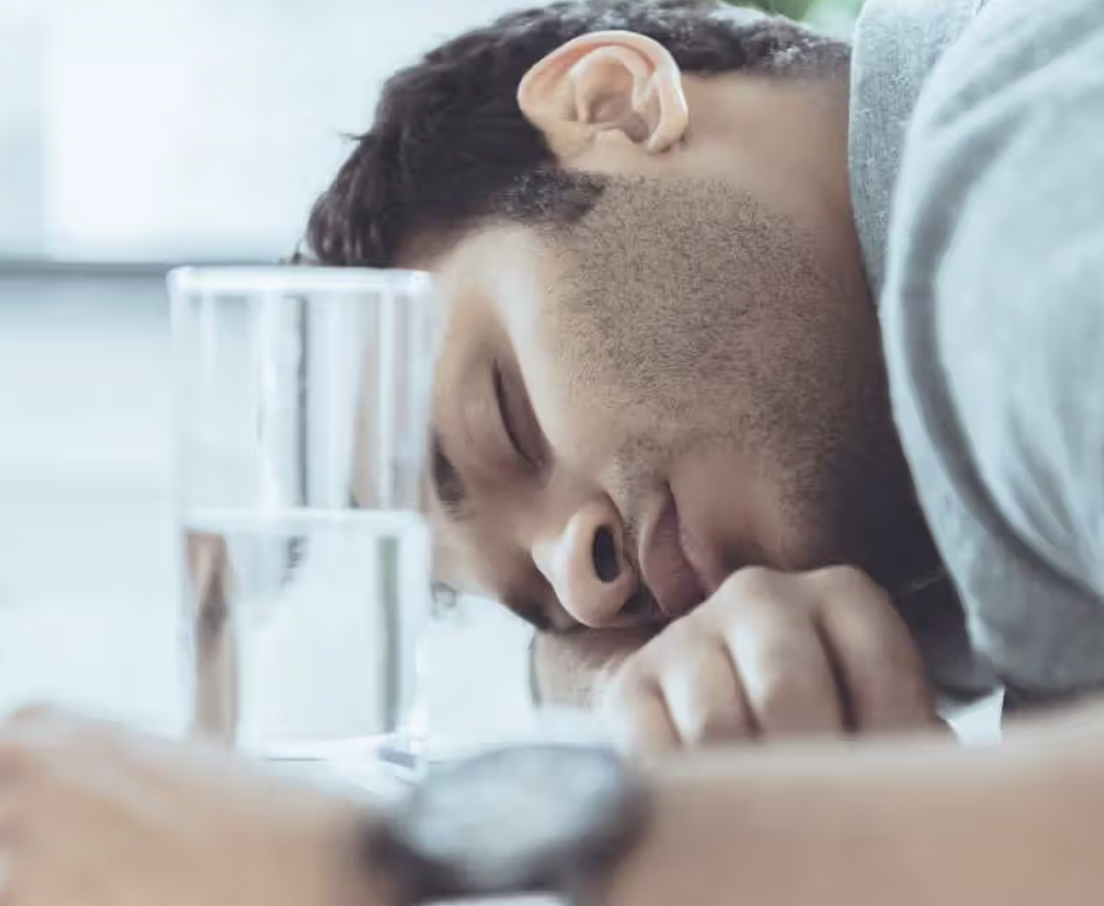 Can Poor Hydration Be the Reason You’re Always Tired?
Can Poor Hydration Be the Reason You’re Always Tired?
